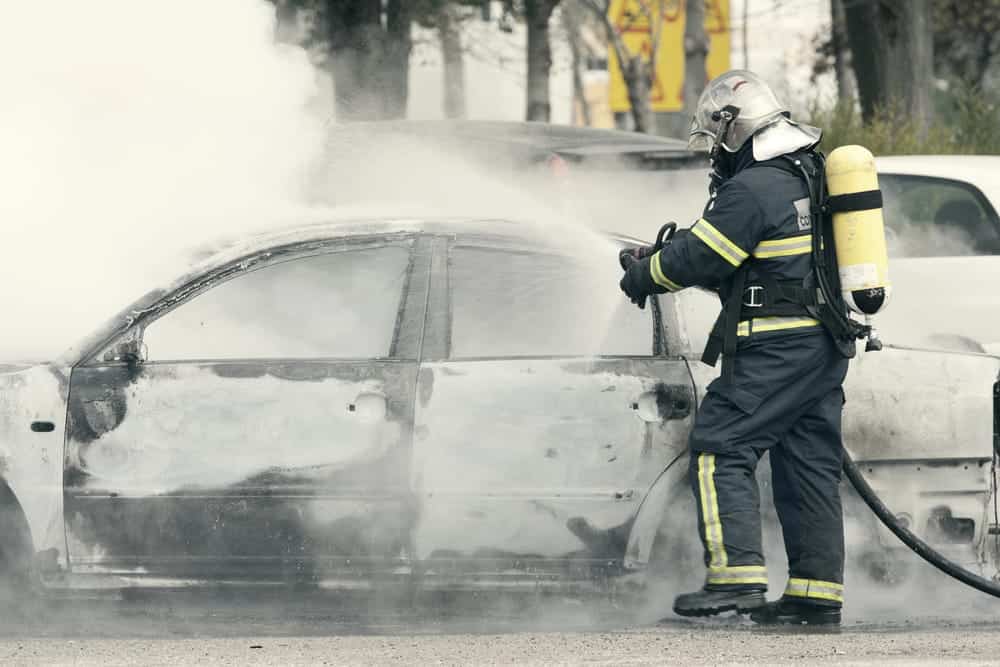Ford has announced a massive recall of more than 1.2 million Ford Fusion and Lincoln MKZ sedans sold in the U.S. between 2013 and 2018 due to a potential brake fluid leak that could increase the risk of a crash.
According to the National Highway Traffic Safety Administration (NHTSA), the front brake jounce hoses on these vehicles may rupture prematurely, causing a progressive loss of brake fluid. This could result in longer pedal travel and reduced braking performance, making it harder for drivers to stop their vehicles.
NHTSA says that Ford is aware of one crash related to this issue but does not mention any injuries. The agency also says that drivers may notice a change in the brake pedal’s feel or see a brake fluid warning light on the dashboard if their vehicle has this defect.
Ford plans to notify owners of affected vehicles by mail starting from April 17 and instruct them to take their cars to a Ford or Lincoln dealer for free replacement of the faulty hoses.
NHTSA advises owners to check their vehicle identification number (VIN) on its website (https://www.nhtsa.gov/recalls) or call Ford’s toll-free number (1-866-436-7332) to see if their vehicle is part of this recall.
This is not the first time that Ford has recalled vehicles for brake hose problems. In March 2020, Ford recalled nearly 215,000 F-150 pickups and Expedition and Navigator SUVs from 2016 and 2017 for similar issues. NHTSA says that those vehicles used different hoses than the ones involved in this latest recall.
Brake hoses are rubber tubes that carry pressurized brake fluid from the master cylinder to the brake calipers. They are designed to withstand high temperatures and pressures but can wear out over time due to friction, corrosion, or exposure to contaminants.
Brake fluid leaks can compromise braking performance and safety and damage other components such as rotors, pads, or calipers. Therefore, it is important for drivers to check their brake fluid level regularly and have their brakes inspected by a professional if they notice any signs of leakage or reduced braking ability.



